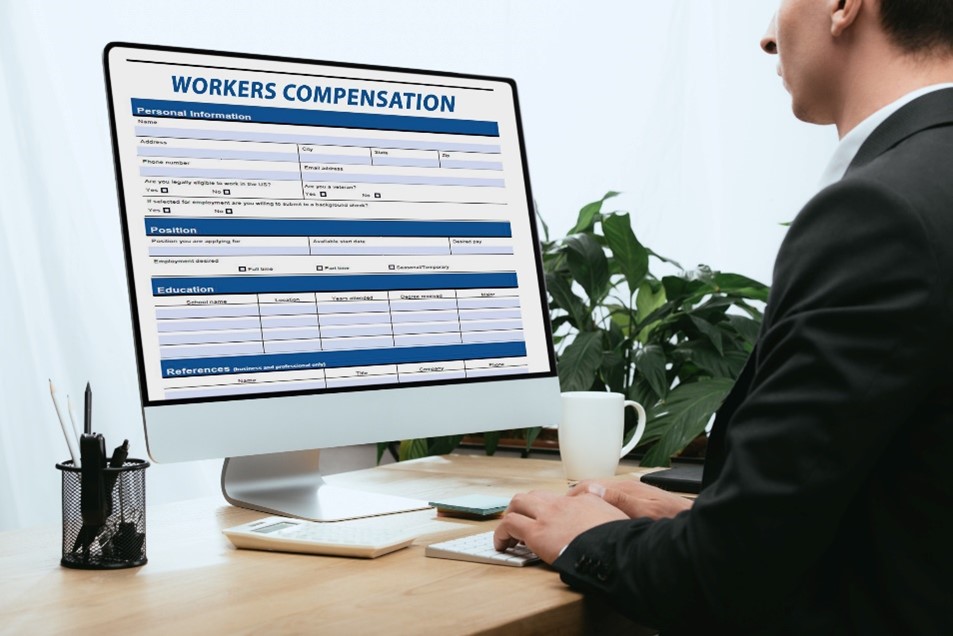Naomi Soldon is a partner at Soldon McCoy practicing labor and employment law since 1990. In the following article, Naomi Soldon explores the differences between mediation, arbitration, and litigation in the context of worker’s comp cases, and when each option may be most appropriate.
Worker’s compensation, the insurance plan that offers cash and medical care for individuals who were injured at work, can come with many related disputes. While no party is deemed at fault during worker’s compensation cases, issues must be handled with the proper care and attention.
Ms. Soldon says that resolving worker’s comp disputes requires striking a balance between the injured or ill employee, the employer who pays for the insurance policy, and the plan provider. and employees can claim they’ve been wrongly denied worker’s compensation, and Workers Compensation Carriers often deny coverage, igniting raging legal fires.
But such situations don’t always have to make it to the courtroom. Individuals have mediation and arbitration options before going down the litigation path. And by understanding the strengths and limitations of each approach, parties can work towards a fair and efficient resolution that meets their needs and interests.
Mediating Worker’s Comp Cases for Quick and Effective Settlements
According to Naomi Soldon, mediation is an alternative method of dispute resolution that enables all parties to settle without spending large amounts on legal fees. Utilizing a mediator mitigates testifying under oath, obtaining witnesses, and presenting cases before a judge.
Sometimes called a settlement conference, the successful mediations contain the following people:
- The injured worker
- Mediator
- Worker’s comp attorney
- Attorney for the employer’s insurer
- The employer’s insurance adjuster
- Spouse, family member, or friend of the injured worker
The mediator often splits the employee and insurer into a separate room from the injured party, going back and forth between the two to convey arguments, offers, information, and opinions.
It is often encouraged for the injured employee to head the mediation route first to avoid costly negotiations and lengthy legal processes. Plus, mediators take the pressure off — most workers don’t need to prepare anything for the case, making their lives easier as they battle through the dispute.
Reaching Settlements at Mediation
Naomi Soldon explains that worker’s compensation settlements address most (ideally, all) potential damages in the employee’s comp case, including the following:
- Medical expenses
- Future wage loss
- Wage loss benefits
- Payments to hospitals and other facilities
- Attorney Fees
Payments are made in a lump sum or installments, depending on the specific case.
Those well-established in the industry mention some people reach partial settlements during the mediation processes, allowing workers to get funds for lost wages immediately and obtain medical expenses later.

Arbitration: The Out-of-Court Worker’s Comp Resolution Method
Naomi Soldon says that mediation isn’t the only out-of-court method for resolving worker’s comp cases. Arbitration is a similar approach, taking place in front of a neutral party, known as the “arbitrator,” who listens to both sides and makes a decision.
Before negotiation occurs, the employer and employee pick an arbitrator to sit in on their dispute, setting a date for the “hearing.”
During the meeting, the arbitrator listens while both sides present evidence and their arguments, only asking questions if necessary.
Following the “hearing,” the arbitrator decides who won, confirming their choice in writing. Such a decision is final and binding, meaning both parties must obey to eliminate the risk of being sued.
While many find this intimidating, it’s often the quickest way to reach a settlement if neither party wants to walk the long-winded court road or mediate.
Workers Must Understand the Differences Between Arbitration and Mediation for Proper Resolution Decisions
The surface may seem similar, but mediations and arbitrations have one major difference — the latter is decided by the neutral party. The former allows involved parties to brainstorm and reach decisions.
Litigation for When Worker’s Comp Cases Must Head to Court
When out-of-court methods aren’t achieving desired results, litigation is the only way forward. But, according to data, a mere 5% of worker’s compensation claims go to trial. So, employees are unlikely to require litigation.
However, if they do end up in litigation proceedings, top-quality lawyers must be obtained for the best chance of success.
Those well-versed in the field mention the significant advantages employees have when chasing worker’s compensation litigations over personal injury lawsuits. The latter requires the injured party to prove the employer caused the injury through carelessness — an arduous task for many.
That said, employees aren’t likely to reign supreme during such litigations if their employer has enough worker’s comp coverage to fund their job-caused injuries or illnesses.
Ultimately, it’s the skill and experience of the lawyers utilized in these cases that determine the success of the injured party.









